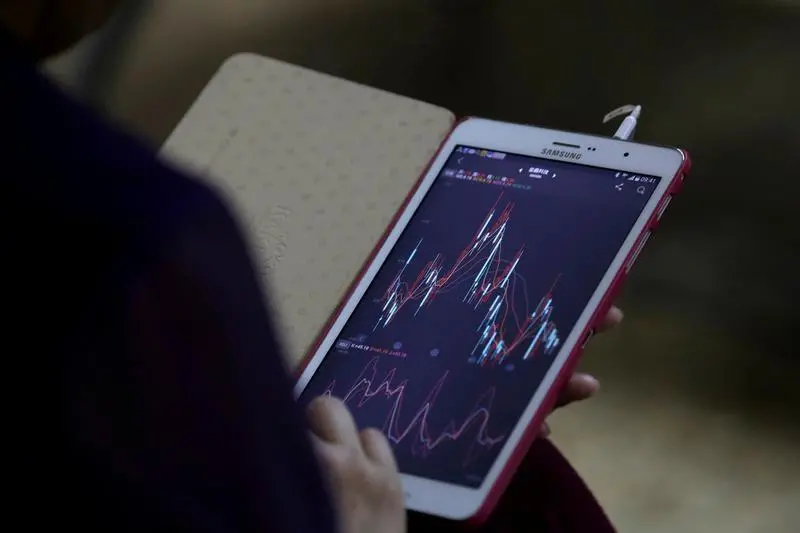PHOTO
By Abhinav Ramnarayan
LONDON, July 4 (IFR) - Political risk is unlikely to disappear from investors' radars any time soon, with more shock results - and financial turmoil - possible in the US presidential election and a series of votes across Europe later this year. A UK vote to leave the European Union was unexpected, prompting huge moves in asset prices in the days that followed as investors adjusted their positions in response to the surprise result. Analysts and investors believe that protest votes and shock decisions may become more common, with some laying the blame with central bank policy since the financial crisis, which has exacerbated inequality and anger. "Quantitative easing is very successful in boosting asset valuations but also disproportionately benefits the highest earners," said Richard McGuire, head of rates strategy at Rabobank. "That is why you are seeing across the developed world disenfranchisement and a push against globalisation and towards localisation." The UK vote to leave the EU and Catalonia's bid for independence from Spain are part of this localisation, he said.
PUNISHING CALENDAR The election calendar for the next 18 months is unrelenting. First up in October is a crucial referendum in Italy on reform of the senate. The vote is already being seen as a vote of confidence in Prime Minister Matteo Renzi. Italian politics have become heated ahead of the vote, with the upstart 5-Star Movement - advocates of Italy's own referendum on EU membership - winning mayoral posts in Rome and Turin, two of the country's biggest cities. And next year there are general elections in France and Germany - at a time when anti-establishment parties are making gains in both countries. The most pertinent upcoming date, however, is the US presidential election on November 8. Republican nominee Donald Trump epitomises the anti-establishment sentiment that market participants believe led to Brexit. "I think [Trump's rise and Brexit] are both symptoms of the same malaise," said John Taylor, fixed income portfolio manager at AllianceBernstein. "The way central banks have responded to the 2008 financial crisis has benefited the higher earners and improved their wealth but hasn't really done enough to support the lower and middle classes." "That's where the pushback against the establishment is coming from," he said. "That's why you saw the Brexit vote and that's why Trump could prove successful."
GOLD RUSH With all these potential shocks coming up, safe-haven assets such as core European government bonds, US Treasuries and Japanese government bonds are likely to be bid up. The issue for investors is that German Bunds, French OATs and JGBs are all negative-yielding at the front end and US Treasuries are close to record low yields - especially surprising as the Federal Reserve has begun a hiking phase. Investors are therefore being pushed further up the curve. France's recently issued 3bn May 2066 bond issue, for example, is now a whopping 64bp inside its reoffer yield, and was bid at 1.27% on Friday morning, an unprecedented level for 50-year debt. Perhaps the most classic hedge for political risk is gold, and many investors are returning to this asset in droves. On the day after the UK referendum, gold prices jumped as much as 7.5% - to US$1,356 an ounce. Though it fell off those highs over the course of the week following the result, it was still at US$1,335 on Friday, almost a third higher than the US$1,060 price at the start of the year. "Gold has always performed the role of being a safe-haven hedge against political uncertainty and with sovereign debt at record lows it starts to look even more attractive," said Robin Bhar, head of metals research at Societe Generale. It costs roughly 50bp a year to warehouse gold, he said. "It doesn't tend to be a good hedge forever and ever. You wouldn't want to sit on it and hold it. But an efficient portfolio ideally should have 5% of the total value held in gold," said Bhar.
(Reporting by Abhinav Ramnarayan, editing by Gareth Gore, Matthew Davies) ((alice.gledhill@thomsonreuters.com; +44 207 542 2529;))
Keywords: POLITICS BONDS/





















